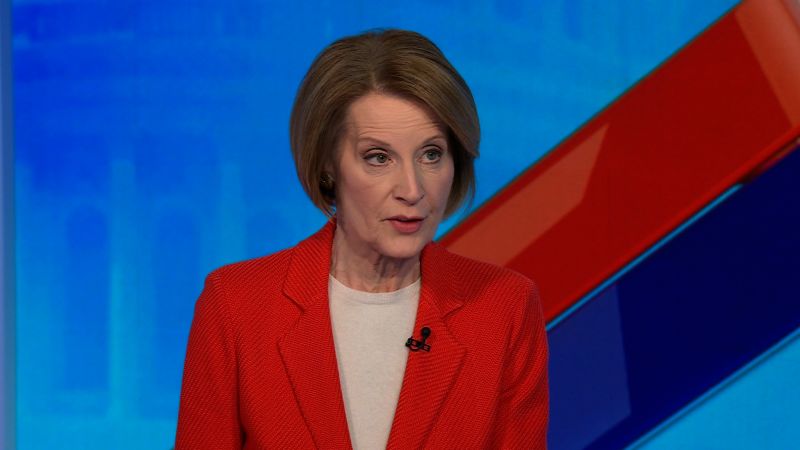During the oral arguments, the conservative justices seemed unconvinced by the Justice Department’s argument that the federal obstruction law could be applied to prosecute those involved in the January 6 riot. The case under consideration focused on whether the law was intended to cover violent conduct targeting Congress. The Court’s conservative majority expressed doubts about extending the law’s reach to encompass the actions of the rioters, indicating a potential limitation on the government’s ability to prosecute them using this specific statute.
The case presented to the Court stemmed from the violent events of January 6, 2021, when a mob stormed the Capitol in an attempt to overturn the results of the presidential election. The prosecution argued that the federal obstruction law could be used to hold the rioters accountable for their actions on that day. However, the conservative justices appeared hesitant to interpret the law in such a broad manner, raising questions about its applicability to the specific circumstances of the January 6 attack. This skepticism could have significant implications for future prosecutions of individuals involved in similar events.
The arguments made during the Supreme Court hearing shed light on the interpretation of federal obstruction laws and their application to cases involving violent attacks on government institutions. By questioning the government’s reliance on this statute to prosecute January 6 rioters, the conservative justices signaled a potential limitation on the scope of the law’s enforcement. This could have repercussions for how such cases are prosecuted in the future and may prompt lawmakers to consider clarifying the language of the statute to address any ambiguities.
CNN senior Supreme Court analyst Joan Biskupic offered insights into the Court’s proceedings and the potential implications of its conservative majority’s skepticism towards using the federal obstruction law in prosecuting January 6 rioters. Biskupic highlighted the significance of the case in clarifying the boundaries of the law and its applicability to acts of violence targeting government institutions. The justices’ questions and comments during the oral arguments provided valuable insights into their interpretation of the statute and indicated a cautious approach to expanding its reach in cases involving events such as the Capitol riot.
The outcome of the Supreme Court’s deliberations on the federal obstruction law’s applicability to the January 6 attack remains uncertain, as the justices appeared divided on the issue during oral arguments. The conservative majority’s skepticism towards using the law in prosecuting the rioters suggests a potential limitation on the government’s ability to hold them accountable using this statute. This development underscores the importance of clarifying the scope of federal obstruction laws and ensuring their effective enforcement in cases involving violent attacks on government institutions.
In conclusion, the Supreme Court’s consideration of the federal obstruction law’s application to the January 6 rioters poses important questions about the interpretation of this statute and its relevance to cases of violent attacks on Congress. The conservative justices’ skepticism during oral arguments indicates a potential limitation on using the law to prosecute individuals involved in events like the Capitol insurrection. Analysts like Joan Biskupic provide valuable insights into the Court’s proceedings and the potential implications of its decisions on future prosecutions of similar cases. Clarifying the boundaries of federal obstruction laws and ensuring their effective enforcement is critical in upholding the rule of law and protecting government institutions from violent attacks.


